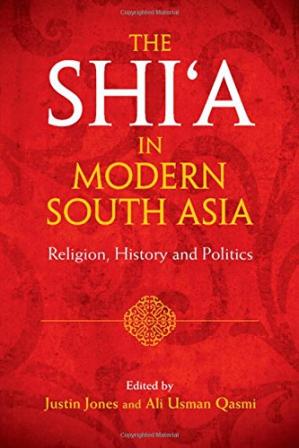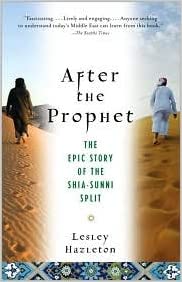Introduction
The name Dr. Suraiya Nisar brings to mind the tragic and senseless violence that has plagued the Shia community in Pakistan. On June 6, 2004, Dr. Suraiya Nisar, a dedicated Shia gynecologist, was shot and killed at her clinic in Dera Ghazi Khan. Her death was not just a personal loss but a stark reminder of the targeted violence faced by Shia Muslims in Pakistan. This article delves into her story, the broader context of Shia persecution, and the enduring impact of this violence on the community.
The Life and Legacy of Dr. Suraiya Nisar
Early Life and Education
Dr. Suraiya Nisar was born into a family that valued education and compassion. From an early age, she exhibited a keen interest in medicine, driven by a desire to help others. She pursued her medical education with dedication, eventually specializing in gynecology.
Career and Contributions
As a gynecologist, Dr. Nisar was known for her expertise and compassionate care. She was a beacon of hope for many women in Dera Ghazi Khan, providing medical services in a region where access to healthcare was limited.
Tragic Death and Its Aftermath
On June 6, 2004, Dr. Nisar’s life was brutally cut short when she was shot at her clinic. Her murder was a targeted attack, motivated by her Shia Muslim identity. The incident sent shockwaves through the community, highlighting the perilous conditions under which Shia professionals operated.
The Broader Context: Shia Persecution in Pakistan
Historical Overview
The persecution of Shia Muslims in Pakistan has deep historical roots. Between 2001 and 2018, Shia Muslims faced over 2,100 terrorist attacks, resulting in 4,800 deaths and 5,750 injuries. The violence peaked in 2004, with 130 Shia Muslims killed and 400 injured in targeted attacks.
Major Incidents in 2004
2004 was a particularly brutal year for Shia Muslims in Pakistan. There were five suicide bombings targeting Shia mosques, Imambargahs, and Ashura processions. These incidents were part of nine major terrorist attacks against the Shia community that year.
Data on Shia Genocide
A comprehensive database on Shia Muslim Genocide, covering violence from 1949 to 2024, reveals that over 25,000 Shia men, women, and children have been killed due to their religious identity. This database, compiled from newspapers, human rights reports, and other references, stands as the most comprehensive source on this violence in Pakistan.
Impact on the Shia Community
Psychological Trauma
The continuous violence has left deep psychological scars on the Shia community. The fear of targeted attacks has affected their daily lives, creating an environment of constant anxiety and mistrust.
Socio-Economic Consequences
The targeted killings and systemic discrimination have had significant socio-economic impacts. Many Shia professionals, like Dr. Nisar, have been victims of violence, leading to a brain drain and affecting the overall socio-economic development of the community.
The Importance of Remembering Dr. Suraiya Nisar
Symbol of Resilience
Dr. Nisar’s life and untimely death symbolize the resilience of Shia Muslims in the face of relentless persecution. Remembering her is crucial in acknowledging the ongoing struggles and sacrifices of the community.
Call for Justice
Her murder also serves as a call for justice. It underscores the need for greater protection for Shia Muslims and accountability for those who perpetrate violence against them.
https://shiamuslimgenocide.com/database/shia-gynaecologist-dr-suraiya-nisar-shot-dead-in-dg-khan/
Conclusion
The story of Dr. Suraiya Nisar is a poignant reminder of the ongoing persecution faced by Shia Muslims in Pakistan. Her life, dedicated to helping others, was brutally cut short due to sectarian hatred. By remembering her and acknowledging the broader context of Shia persecution, we honor her legacy and call for an end to the violence that continues to plague her community.






